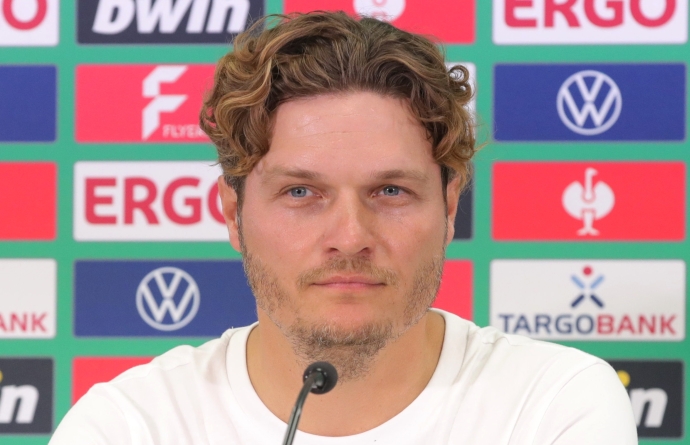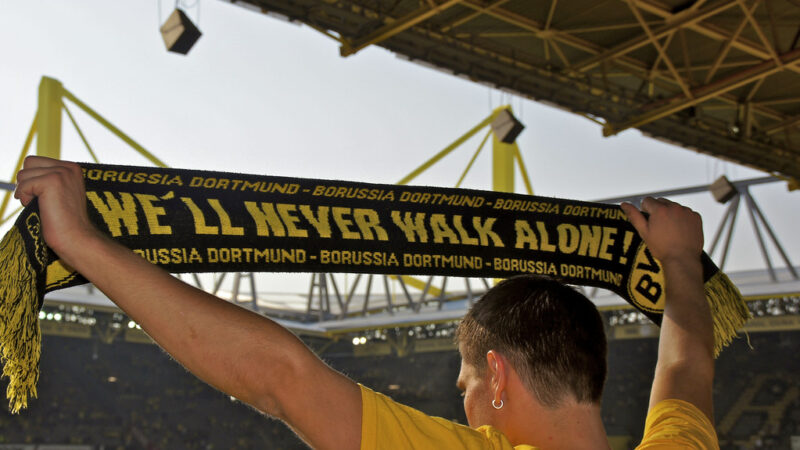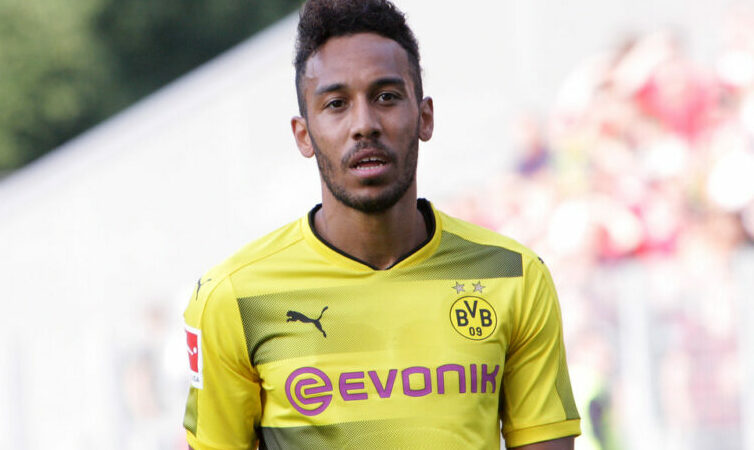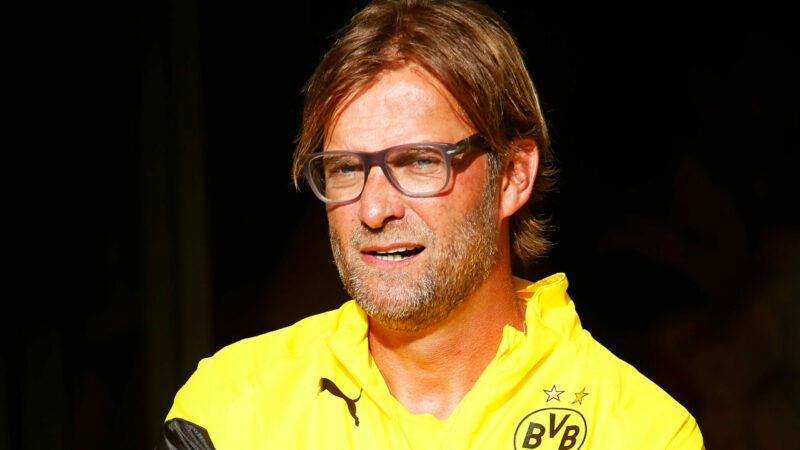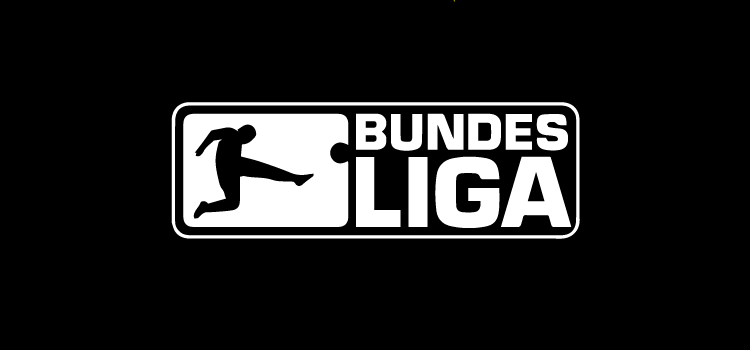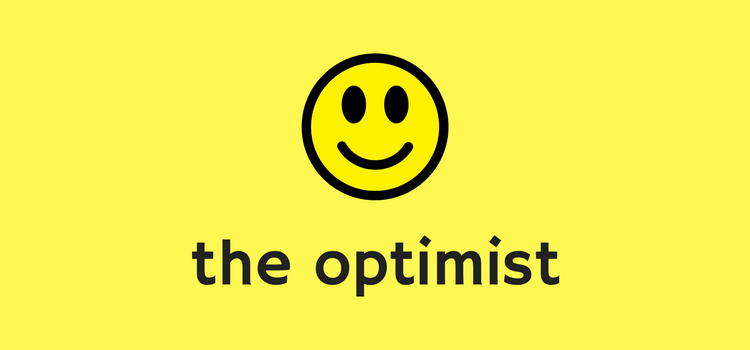Will A Rivierderby Loss Mean Dortmund Have Fallen Behind the Konigsblauen

For a Bundesliga season that will end in much the same way every season has the last half decade, with Bayern Munich securing a drama-free title, the start to the campaign had begun to write a different story. By the time Carlo Ancelotti was fired as Bayern manager, Borussia Dortmund was in 1st, 3 points above their Bavarian rivals with Hoffenheim in between. Schalke, the current runners-up in the Bundesliga, had not yet hit their stride, but the early signs were that Bayern were getting older, slower and less organised than in years past. Peter Bosz had die Borussen flying out of the gate, scoring 19 goals in their first 6 league matches and showing few of the catastrophic defensive issues that would soon arise.
Fans of German football had a reason to be hopeful of a competitive season as September wrapped up, and so were duly reminded of the natural order in the Bundesliga when, a month later, the Bavarians once again sat atop the pile. However, despite Bayern’s continued monopoly on domestic success, one of the biggest stories of the season has been the logjam of teams vying for the European places atop the table. Leipzig, Leverkusen, Hoffenheim and Frankfurt have all been involved in the fight throughout the season. And yet, for many fans, the fight for second best this season can only come down to two rivals: Schalke and Dortmund.
The Rivierderby this weekend has the potential to be one of the best and most important matches between the two clubs in league play in quite some time, but is there even more at stake than second place this season? Could Schalke really be mounting a long-term challenge to Dortmund’s place as the nearest challenger to the Bayern Munich chokehold over the Bundesliga? Will a win this weekend for Schalke be the moment in which they surpassed their yellow and black rivals?
Schalke have had themselves a very good season under manager Domenico Tedesco, and despite the insurmountable 20 point gap between them and Bayern Munich, few could argue that the Gelsenkirchen club deserve to be where they are. Combining seasoned veterans with academy products and other young players, Schalke have built a very well rounded side that can give any team in the league trouble. But is it sustainable?
As good as this season has been for the Konigsblauen, this summer could be equally as problematic. Last year, Schalke spent close to €50 million on transfers, including €40 million on just 3 players, Nabil Bentaleb, Yevhen Konoplyanka and Amine Harit. However, of their 12 departures that involved a fee or a permanent move away, the club was only able to raise just over €7 million. They lost a whopping 8 players to free transfers, including last season’s Bundesliga left-back of the season, Sead Kolasinac, who might have fetched nearly as much as their total transfer expenditure had he been sold with term left on his contract. The Gelsenkirchen club also sent several players on loan who either could have contributed this season, or project to factor into the team in future years.
This summer projects to see even more talent depart the club, particularly 2 of the most talented young players currently on the books. Leon Goretzka, who introduced himself to the wider football world with his incendiary performances at last summer’s Confederations Cup has already made his decision to travel the well-beaten path of talented German players to the Allianz Arena to join Bayern Munich next season, leaving Schalke for free when he could have easily raised north of €60 million for his in the current transfer market. Max Meyer, the diminutive number 10 turned deep-lying playmaker this season, is also being heavily linked with a move away from the Veltins Arena. In one fell swoop this summer, two of the most creative members of the Schalke team could be playing elsewhere.
To most Dortmund fans, this type of perennial talent drain is nothing new. However, with one of the best executive teams in world football, as well as a recent track record of spending sizable fees to bring in a player, if indeed he has been determined to be the right player, Dortmund can perhaps be trusted to replace important players in the team more than their rivals. Schalke have yet to dip into their transfer funds to replace the talents of players like Leroy Sane, Kolasinac and others with ready-made replacements, choosing to look internally for more cost-effective solutions. As one of Germany’s top talent factories, this has thus far worked well enough for Schalke, but this summer will be a true test of their ability to keep producing top Bundesliga level talent. To make matters more difficult, when the team is losing its best players without even reaping the benefits of a transfer fee, it makes it that much harder for the club to find the funds to replace those players.
The Derby this weekend may have massive implications on the race for Champions League next season, and the loser will find themselves in a fight to remain above Leverkusen, Leipzig and Frankfurt in that race. Schalke may have fielded arguably their best side in recent years this season, but one cannot help feel that Tedesco has his team at the zenith of where their talent and resources can take them in the modern game. Next season will be massive for Schalke, as another strong season will validate both the transfer policy enacted by the club and Tedesco’s standing as one of Europe’s brightest football minds.
On the other side of the coin, Dortmund project to be stronger next season, as Marco Reus’ new contract signalled their intent to build on their talented core this summer and beyond. They have some age concerns at the back, a need to find a long-term striker, and some holes in the team, but Hans-Joachim Watzke and Michael Zorc will almost certainly be aggressive in addressing those concerns during the transfer window. Some Schalke supporters speak hopefully of a changing of the guard in the Bundesliga; a shakeup of the natural hierarchy of the league in present times. However, if the Konigsblauen truly want to surpass their Westphalian rivals, they must do more to keep their best players or else extract a fair value or them on the transfer market as Dortmund have seemed to master. We may not see any club truly challenge Bayern Munich next season for supremacy, but in the battle for second place, there is still only one favourite: Die Schwarzgelben.

